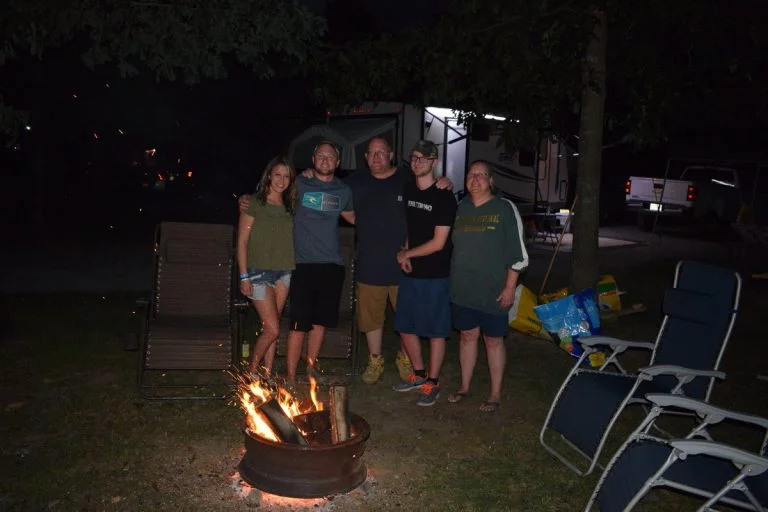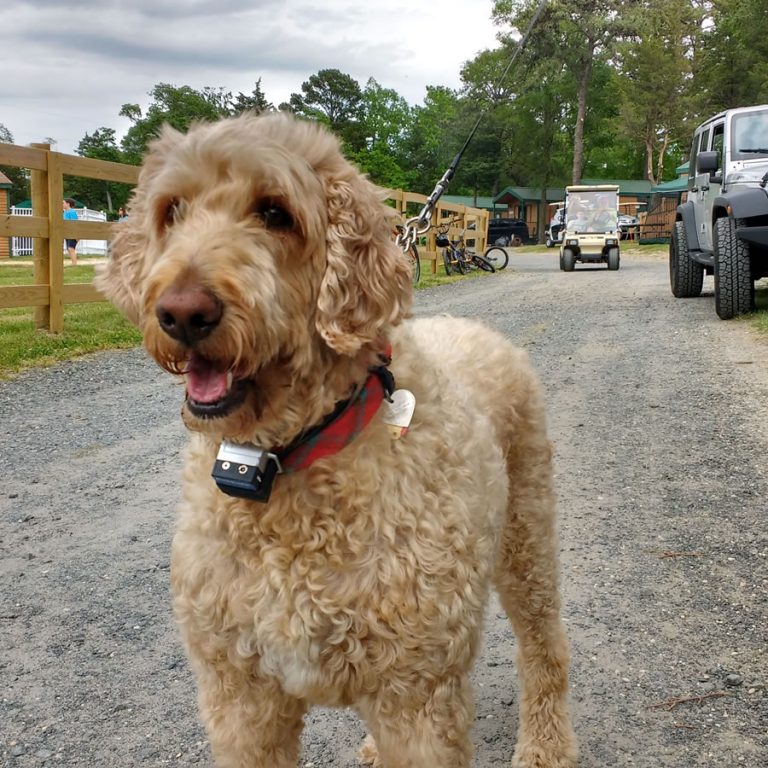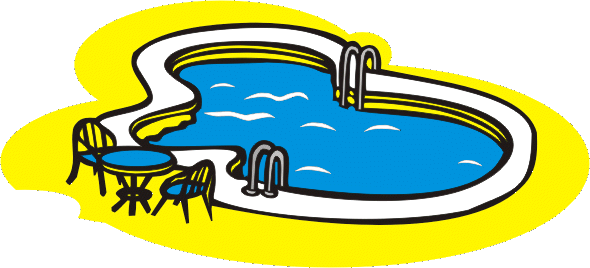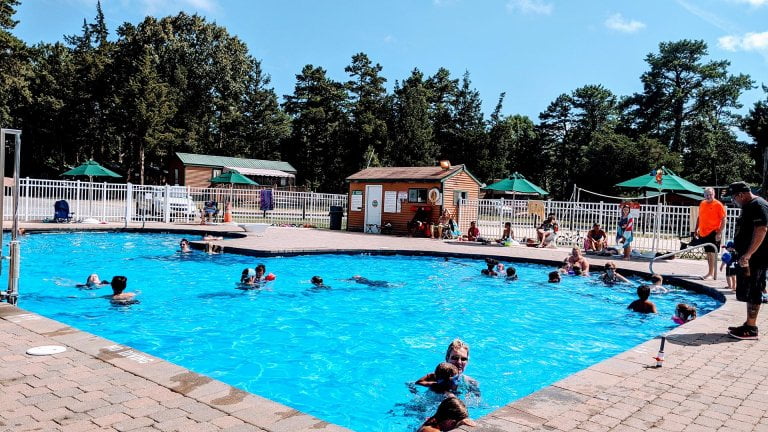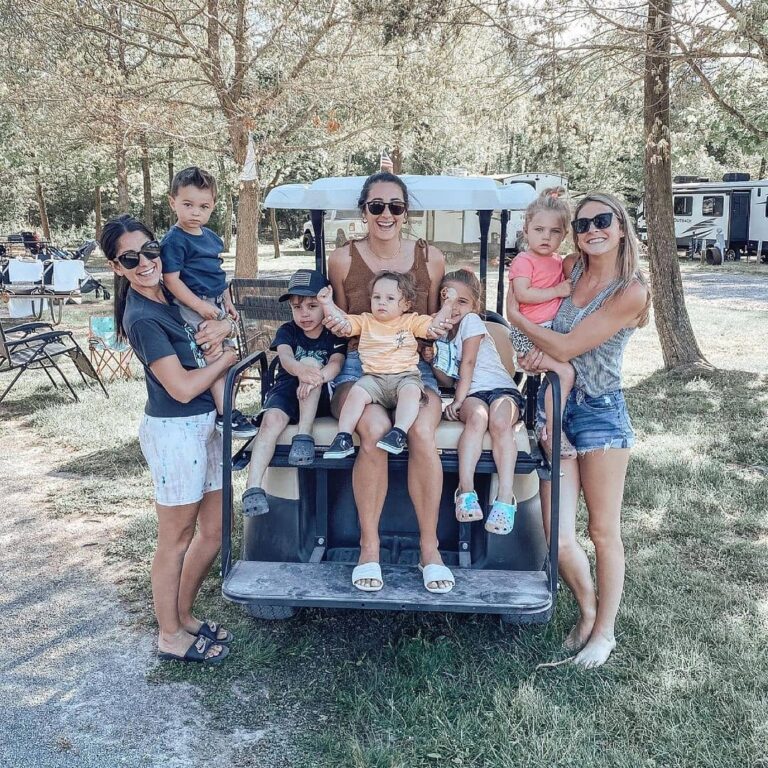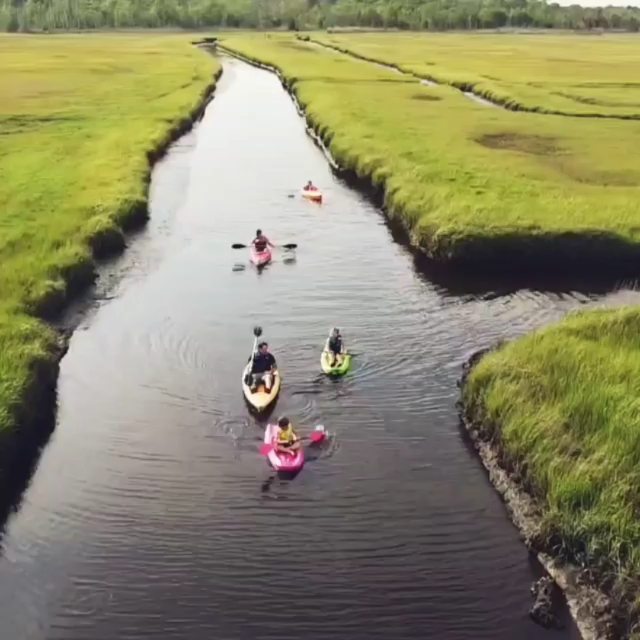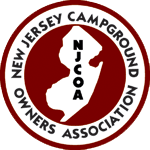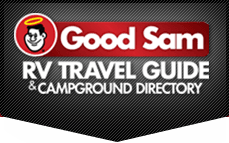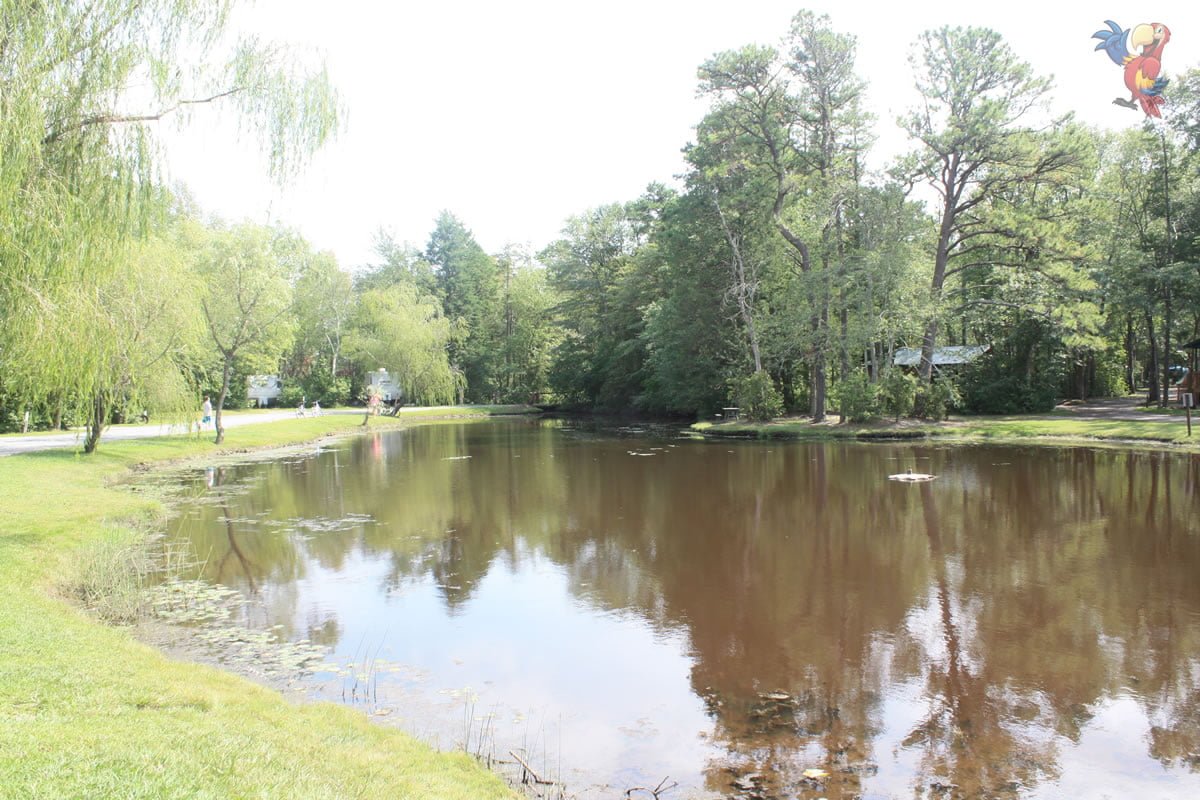
It’s that time of year to drag out camping gear and start looking for fun places to take the family camping. One of the more important things to think about here at the first of the camping season is what you will need. A few systems checks to make sure your camping experience will go off without a hitch. For the first time camper this will be a great article to help with gear, safety and what to bring.
Make sure if you have camping gear stored or borrowed, here are a few check points to make sure your gear is ready to go:
- Tent campers, you need to pull your tent out and set it up. Make sure to check for holes or missing tent poles. Make sure you have line, tent stakes to secure your tent. Check for visible damage and repair accordingly.
- Cooking gear which has been stowed for the winter. Wash and sanitize your food preparation pots, etc.
- Sleeping bags. Make sure you open up and air out sleeping bags, wash if needed.
- Gear that has been stowed away for the winter. Make sure you get everything checked out all in good working order. It’s not fun to think about but also make sure insects, or small rodents have not made a home out of your camping gear. You don’t want to slide into a sleeping bag with critters that are not friendly, spiders, etc. Open up and air out all gear.
We at Sea Pirate Campground accommodates all types of campers. From cabins you can rent, tent camping and RV hook-ups. For our first timers here is an essential gear and provision list.
- Fresh water. Make sure you have sufficient water to stay hydrated. Don’t assume you will have easy access to fresh drinking water. More is better.
- Food, make sure you have food enough to last. Make sure to have food safely stowed in air tight containers if camping outside. Remember that wildlife can smell food from great distances. Nocturnal animals love to forage, so make sure you secure all food in air tight containers away from tents and sleeping areas. Never eat in your tent! Recipes that require little preparation is the call of the day.
- First aid kit. Having a small first aid kit with small wound care, Band-Aids, and hydrogen peroxide to clean small wounds.
- Insect repellent and bug bite medicine. This is one product you don’t want to buy cheap. Get good name brand repellant. Mosquitos can drive you crazy, so the better spray you have the less frustration for you. Get a big can! Not a fun thing to think about but make sure that if you’re in an area with venomous snakes that you have a general first aid “what to do” / “what not to do” information at hand. Before you sit down in the wild on a log or rock you first make sure to make a lot of noise, make a visual inspection of where you’re sitting. Snakes will hide in and under logs and most certainly under rocks.
- Sun screen. Make sure when out playing in the sun you have a high SPF sunscreen to protect your face and exposed areas.
- Evenings and early morning hours can often times be chilly. Make sure to take long sleeve warm clothes, like a hoodie, sweater or long sleeve shirt. Long sleeve shirts at night will help with mosquitos as well as long pants.
- Personal hygiene, toilet paper, feminine products, eco friendly soaps and a tooth brush.
- Medications. Never leave home without a minimum for 2 days extra medication. When you’re out in the wild you never know the unexpected, so make sure you have plenty of prescribed medication on hand.
- Extra set of dry clothes; make sure you always have 1 extra set of dry clothes, shirt, pants, underwear and socks. One set more than what you think you need for the trip. The unexpected fall in the river, rain, or torn clothes from hiking. You never know.
- Hiking make sure you have a map of the area. Also let the campground know, or someone staying behind where you intend to go especially if hiking in wooded areas. Make sure to carry something to make a fire, an emergency blanket, a loud whistle, rain poncho, water, food and first aid. Ask the campground or park rangers what wildlife is present and what precautions to take if you encounter local wildlife. When hiking make plenty of noise, most animals will be long gone before you cross their path if you simply make noise.
Keep in mind your most important elements are Fire, Water, and Shelter. Get those things covered first. It’s always a good idea to remember more is better. Better to have what you need, than need it and not have it!
When you get ready to go home, make sure that campfire pits are properly doused and completely free of smoldering embers. Make sure you clean up all trash from your campsite, never leave anything behind. Never leave food for wildlife or throw hot dogs into the woods. Animals have very specific diet and hot dogs, hamburgers and the like are not part of the natural habitat. It can seem cute and fun, but really you’re hurting the animal by feeding them. Throw away uneaten food. We’re all responsible stewards of the outdoors.

